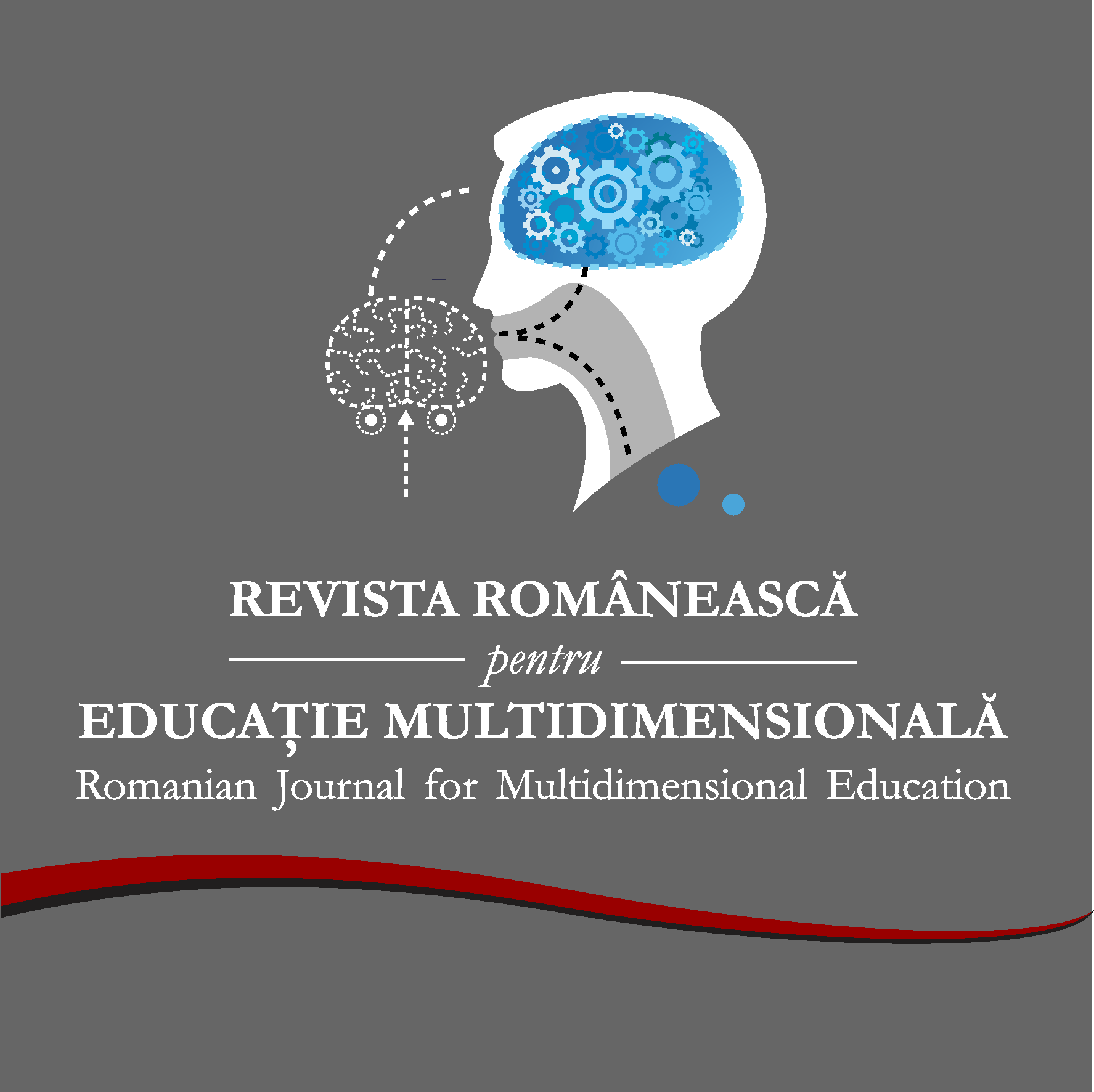Updating the Selection Principles of Content Components in Linguistic Education of Foreign Non-Philological Students
Updating the Selection Principles of Content Components in Linguistic Education of Foreign Non-Philological Students
Author(s): Maria Pentyliuk, Iryna Kushnir, Iryna Zozulia, Iuliia KosenkoSubject(s): Social Sciences, Vocational Education, Adult Education, Pedagogy
Published by: Editura Lumen, Asociatia Lumen
Keywords: supervisors;social assistance centers;professional environment; standard of supervision;European orientation;psychological and socio-pedagogical support;
Summary/Abstract: The authors of this article point to the need to update the content of language education of foreign non-philological students of the Ukrainian higher education institutions. Updating the content component of the Ukrainian language teaching system as a foreign language foregrounds the following factors: the demands of a contemporary information society for the tasks and results of foreign language teaching, modern standards of language education, conditions for the teaching process organization of language disciplines to foreign students of the Ukrainian higher education institutions, and communicative needs of foreign students with a new mindset. An act of communication is considered to be the basic unit of teaching Ukrainian as a foreign language, which linguistic incarnations are discourse sentence expressions and discourse texts. An effective updating enabler of a language education content of foreign non-philological students is to identify most suitable general methodological principles for the selection of teaching materials. Techniques of educational technologies in the empirical spectrum of methodology are developed precisely in terms of linguodidactic principles. The present research theoretically substantiates the distinction of the selection principles for the content components of a language education system of foreign non-philological students. It describes the array of experimental tools for the expert assessment of practitioners as well as highlights statistical indicators of the survey results. The article also analyzes the discussion of the principles proposed by the authors for the selection of language materials for teaching Ukrainian as a foreign language to non-philological students. This article also exemplifies the results of a holistic assessment by experts of a probable application of the principles suggested in questionnaires on the selection of learning materials for textbooks / manuals that are used in the actual learning process. Statistical indicators of the imparted expert evaluation have verified the relevance to improve existing textbooks / manuals and bring them closer to communicative needs of modern foreign students with mosaic thinking, the requirements of up-to-date educational language standards, and conditions for the teaching process organization of language disciplines to foreign students of the Ukrainian higher education institutions.
Journal: Revista Românească pentru Educaţie Multidimensională
- Issue Year: 13/2021
- Issue No: 4
- Page Range: 113-132
- Page Count: 20
- Language: English

